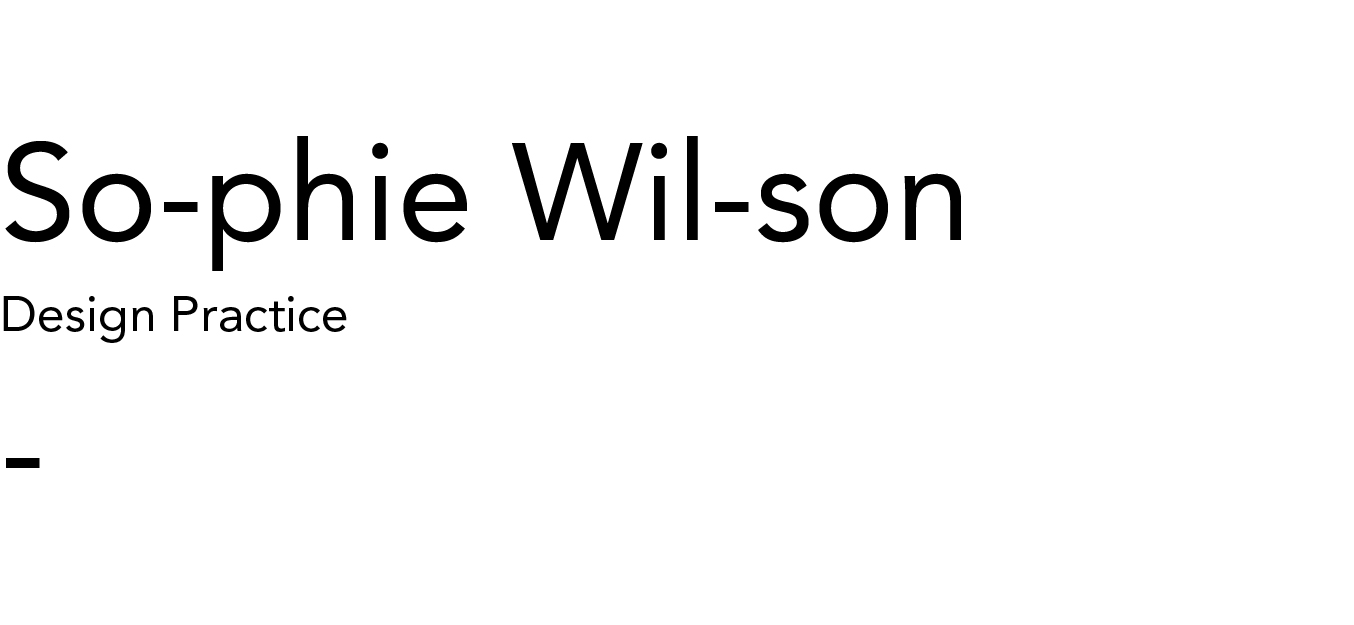Possible Headlines and Articles to explore: featured in newspapers from Saturday 23rd October, 2010.
"Surviving against the odds, the robin white breast."
The Times, pg.28
A rather charming little story about "albino" robin "red breasts".
I have always found myself attracted to quirky, unique filler stories (Both The Times and The Independent are dependable for some brilliant examples), yet I know that this story, with such little content, is very limited- not necessarily going to generate massive opinion either way!
"Gibson's cameo is dropped after the cast threaten to walk-off set"
The Independent, pg.3
Though "tabloid" on the exterior, this story has many religious and political threads.
I found this story really interesting- as it reflects on the "moral high-ground" of fame.
The stars of 'The Hangover' are happy to have convicted rapist, Mike Tyson, in their first film, though with notority and fame come 'The Hangover 2', "innocent until proven guilty" domestic-abuser and rumoured racist, Mel Gibson, is dismissed by stars.
A sudden surge of morals, or a greed for fame at the start?
This could lead down many interesting paths- definately one to consider.
"Write Your Own Prenup"
The Times, pg.9
This seems very topical at the moment- not only seen in this particular section of 'The Times', but also a conversational piece on last night's 'The One Show' (or so my mother tells me...).
I enjoyed reading this article, which can be taken both seriously and humourously- this could generate a lot of different opinions.
Also, this was a really unusual piece to stumble upon- a relatively new concept to Britain (prenups are generally considered still quite "celebrity" and "Americanised"...or should i say "Americanized"), so this could soon be common practice in this country.
Not sure how far I could take this throughout projects- a little vauge and two-dimensional perhaps?
"Jane Austen could write- but her spelling was awful"
The Independent, pg.18
A personal joy to read as I remember the struggle in my life that was reading 'Pride and Prejudice'.
With a deep love for language and literature, I find this quite interesting, sadly, I understand that not everyone can feel the same.
Good filler potential- but not much more to "get your teeth into".
"Being adopted has a lasting effect"
The Guardian, 'FAMILY', pg.4
Not a headline article as such, but I found this story intruiging and very heart-warming.
Adoption is very topical at the moment (with National Adoption Week starting November 1st), and although I have no personal expeience with adoption, I have always found it very interesting, as I have people in general.
I am definately going to look out for more stories of this theme- I believe that I could really develop this with emotive, and personal interest.
"Banned: Britain's worst teacher."
The Independent, pg.18
Again, quite an interesting story with a lot of possible directions- I could look at the educational system in general- how it has progressed in the past ten, or even twenty-five years- current standards or grading systems- how they reflect the achievements and careers of young adults today.
Also, with my partner's father a headmaster, and his mother a primary education teacher, I could gain some strong, personal opinions, as well as many opinions from those who have been out of the educational system for a long time, those who have just left, and those who are still in the system.
A lot of potential. Although there isn't much content to this particular story, there is a lot of potential for background research and development.
"I was clearly wrong, says the Dragon who tried to do a deal for Pakistani baby."
The Independent, pg.9
A truly fascinating story, political, emotive, and very controversial- this could generate a lot of mixed opinions- perfect to really develop with many avenues of interest I could explore.
Along with this story, there are many other background stems- such as modern-day greed, the broadcasting of natural disasters and poverty, and the cult of "celebrity adoption" in cases such as Angelia Jolie and Madonna in recent history.
Again, the adoption theme is very topical, and I feel that I could realy go far with this story.
I really feel that this has real potential for a project, and am now certain that this is the article in which I wish to develop.
































